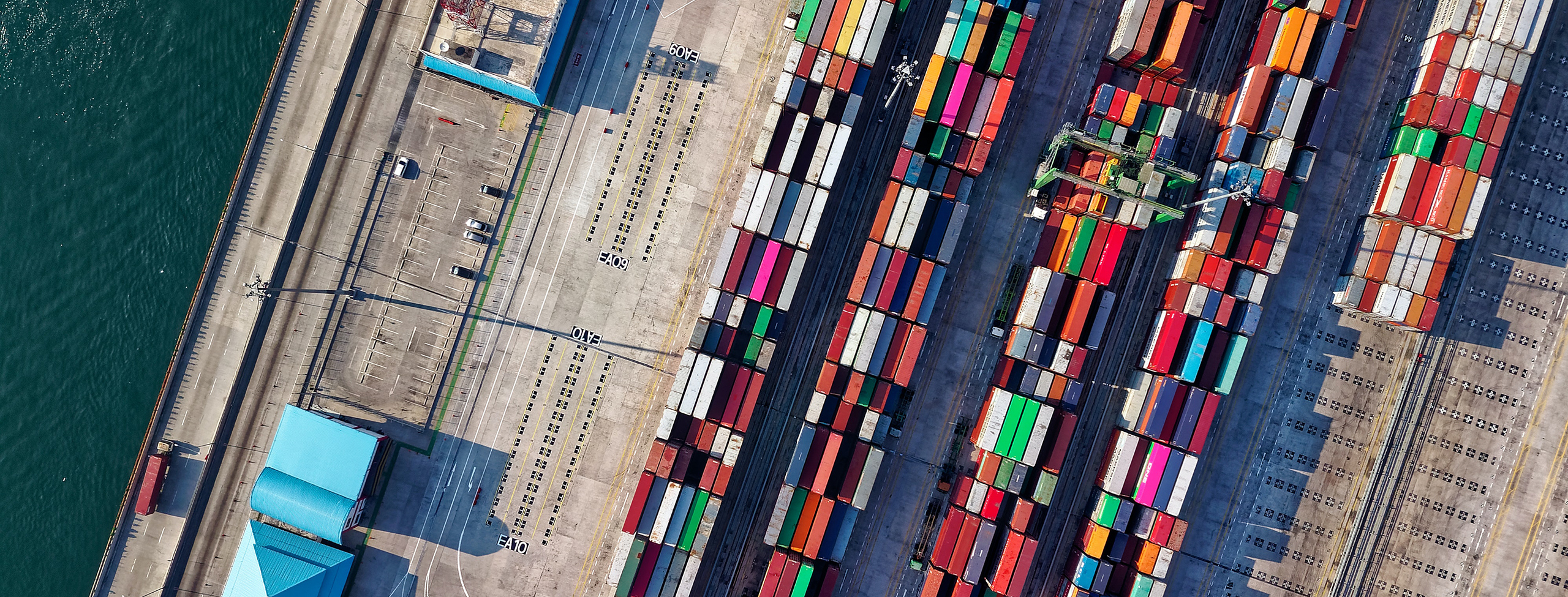
3 May 2024 • 4 minute read
BIS issues new medical device export license exception for Russia, Belarus, and the occupied regions of Ukraine
After issuing thousands of licenses for exports of medical devices to Russia and Belarus, the US Department of Commerce, Bureau of Industry and Security (BIS), has published a new Export License Exception for the export, reexport, and retransfer of medical devices to Russia, Belarus, and the occupied regions of Ukraine.
Effective April 29, 2024, BIS has amended the Export Administration Regulations (EAR) to permit exports to these countries and regions without prior authorization under a new License Exception for Medical Devices designated as MED. Certain conditions on the use of License Exception MED apply, but the new license exception will be helpful to medical device manufacturers and exporters who have been required to seek cumbersome export licenses for such devices and is intended to replace 3,900 license applications being submitted to BIS annually.
More specifically, License Exception MED provides authorization for the export of medical devices and related parts, components, accessories, and attachments for use in or with medical devices that are correctly classified for export under EAR99 (not described on the EAR Commerce Control List) and destined for Russia, Belarus, the temporarily occupied Crimea region of Ukraine, or the covered regions of Ukraine (so-called Donetsk People's Republic and Luhansk People's Republic) (hereinafter RBU).
License Exception MED may not be used for restricted parties or military end users, for products destined to a production facility, or with knowledge that the item is intended to develop or produce items. However, the assembly in a hospital or other healthcare facility of a finished medical device completely produced outside of RBU for the sole purpose of using that medical device at that facility is not considered a production activity under License Exception MED.
Parts and components for medical devices
License Exception MED includes authorization for the export, reexport, or transfer (in-country) of EAR99 “parts,” “components,” “accessories,” and “attachments” (as defined in the EAR) that are exclusively for use in or with EAR99 medical devices. The phrase “exclusively for use in or with medical devices” is intended to limit the types of parts, components, accessories, and attachments that are authorized under License Exception MED to those necessary for replacement or maintenance in or with medical devices, which will also serve to reduce the likelihood of diversion to industrial or military end uses.
Parts, components, accessories, and attachments must be limited solely to replace a broken or nonoperational part, component, accessory, or attachment for use in or with a medical device that is eligible for License Exception MED or is necessary and ordinarily incident to the proper preventative maintenance of such medical device, and the number of replacement parts, components, accessories and attachments that are exported, reexported, transferred (in-country), and stored in RBU does not exceed the number of corresponding operational parts, components, and accessories currently in use in or with the relevant medical devices in RBU.
Verification requirements
License Exception MED also includes a requirement to maintain a system of distribution that ensures that medical devices are not delivered to proscribed persons (such as a military end user or those on the Entity List or the Denied Persons List as defined in the EAR), or entities engaged in the “production” (as defined in the EAR) of any product. Those using the authority of License Exception MED are responsible for ensuring that the items are not diverted contrary to the terms and conditions of License Exception MED.
Verification of the effectiveness of the distribution system may entail obtaining certain information from a consignee, such as obtaining affirmations or other documentation from a consignee or performing periodic on-site spot checks. Such verification may also in include on-site verification by staff of the exporter, reexporter, or transferor; an internationally accredited auditing firm; or an internationally recognized nongovernmental humanitarian organization in RBU.
Recordkeeping
Exporters, reexporters, and transferors relying on License Exception MED must maintain records of transfers and verification for five years, and, upon request, provide records to BIS, or any other US government agency designated by BIS for review or inspection.
License Exception MED now provides a relief from export licensing requirements imposed during the last two years on medical device manufacturers and exporters. However, using the new license exception is not back to business as before the Russian invasion of Ukraine. Exporters are advised to observe and comply with the strict requirements of the new license exception and be prepared to prove compliance to the US government upon request.
DLA Piper has a robust sanctions and export controls practice providing global coverage and deep experience with complex compliance, licensing, and enforcement matters. If you have any questions, please contact the authors, or any of the partners of the National Security and Global Trade practice: Thomas deButts, Christine Daya, Melanie Garcia, Nicholas Klein, Richard Newcomb, and Ignacio E. Sanchez.

